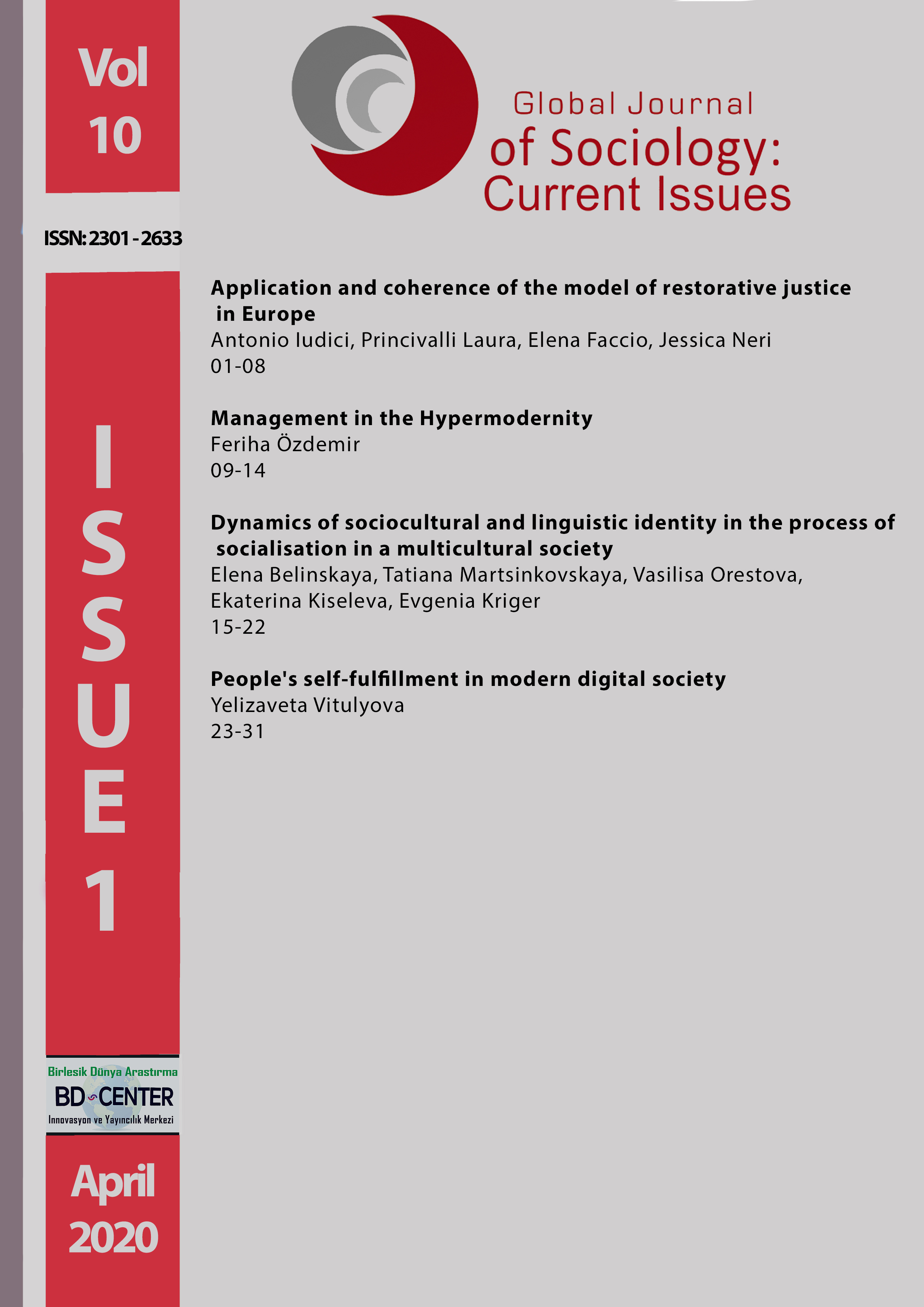Management in the Hypermodernity
Main Article Content
Abstract
Abstract
This study will discuss the transformation to a new paradigm of management in a world of volatility, uncertainty, complexity und ambiguity, that is called the VUCA-world [13] and have have great effects on organizations that face externally and internally changes and struggle between old and new management philosophies. Organizations with path-dependencies on trivial assumptions reach their limits in a VUCA-world so that they have to rethink their future vitality. Conventional management approaches interpret companies as easy handling machines with obvious behavior. In this context, monocultural companies are past-orientated, too rigid and less able to learn from experiences and adapt accordingly with a lack of creativity and innovation.
There are several proposals to reinvent organizations such as living systems that have evolutionary purpose [11]. Ortmann [15] defines the time after the postmodernity as the hypermodernity that requires to manage contingency and dynamic complexity. That has effects on new management paradigm. This explorative literature review presents the relational management approach in the hypermodernity that is based on systemic-relational assumptions as this proposal is characterized by high sensitivity for complex fields such as Big Data. This leads to an iterative learning process design of enabling and empowering management of capabilities towards handling multioptions and contingent environments in the digital age.
Keywords: Hypermodernity, management, complexity, process design.
Downloads
Article Details
- Authors retain copyright and grant the journal right of first publication with the work simultaneously licensed under a Creative Commons Attribution License that allows others to share the work with an acknowledgement of the work's authorship and initial publication in this journal.
- Authors are able to enter into separate, additional contractual arrangements for the non-exclusive distribution of the journal's published version of the work (e.g., post it to an institutional repository or publish it in a book), with an acknowledgement of its initial publication in this journal.
- Authors are permitted and encouraged to post their work online (e.g., in institutional repositories or on their website) prior to and during the submission process, as it can lead to productive exchanges, as well as earlier and greater citation of published work (See The Effect of Open Access).
